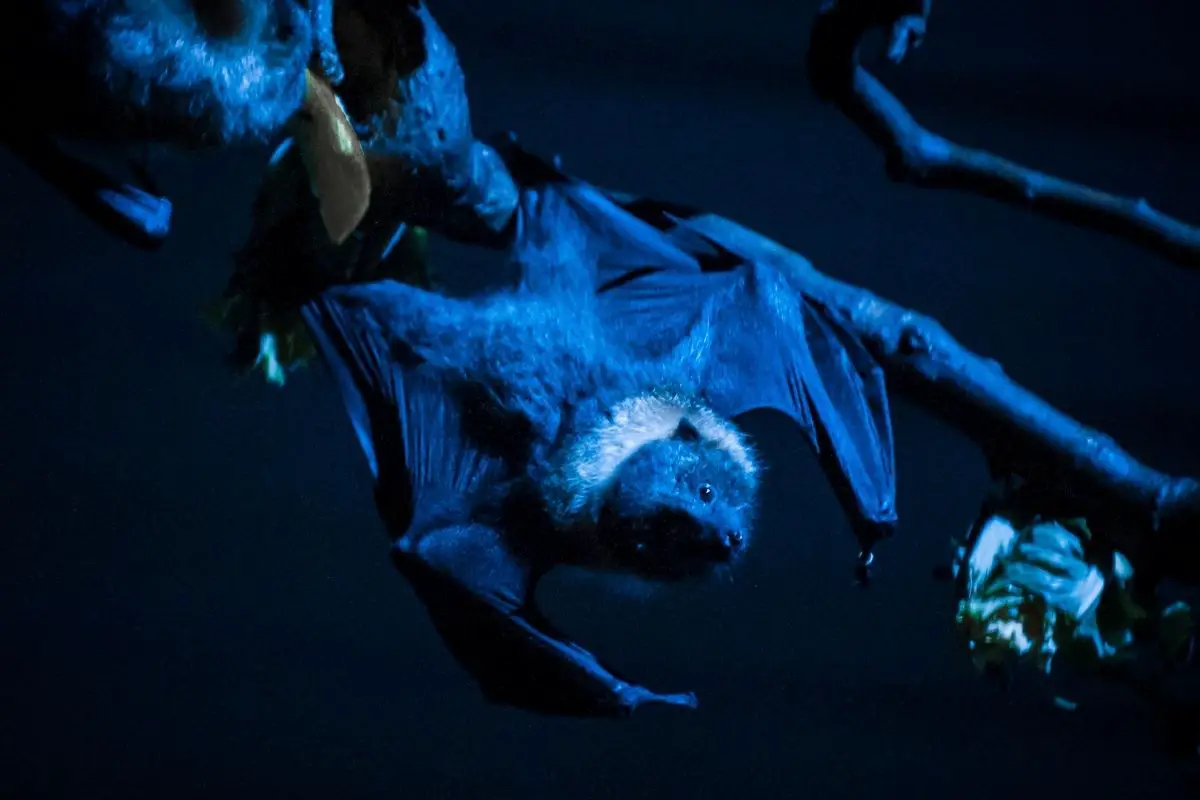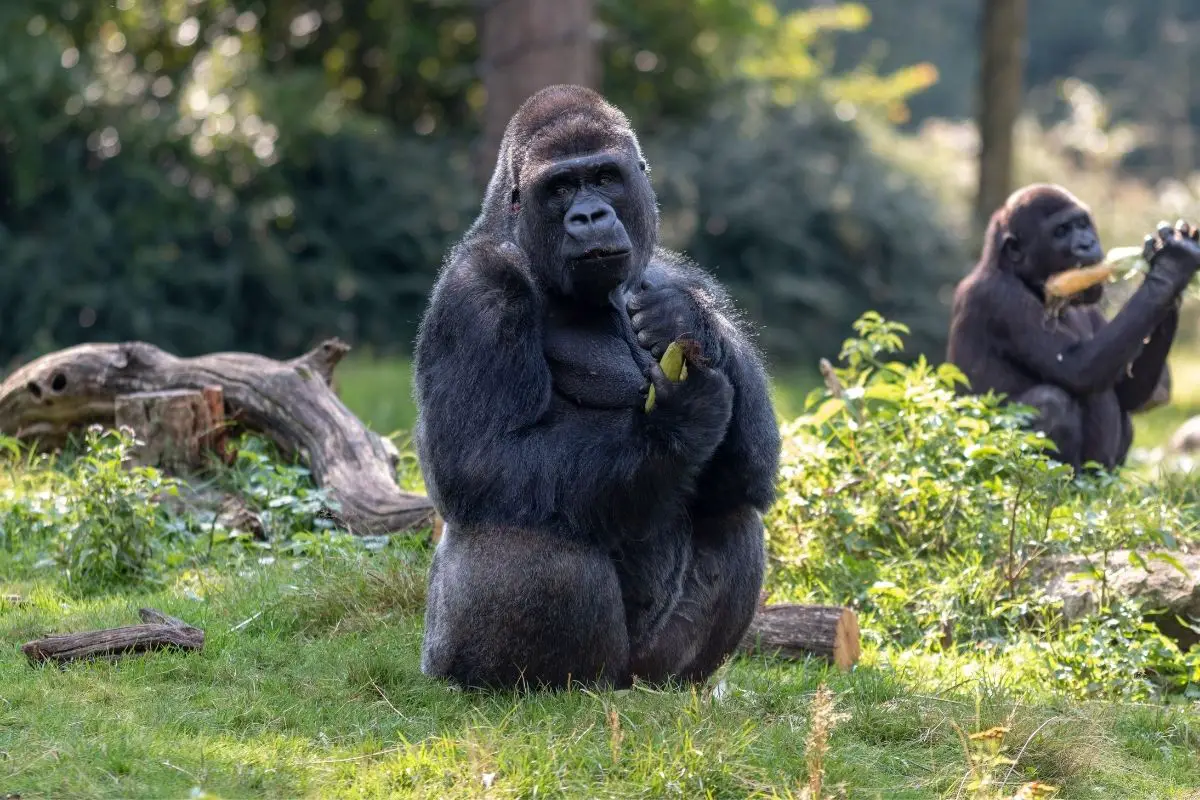
The ability to “see,” in light or darkness is difficult to truly define. For example, fans of Marvel may be familiar with the superhero Daredevil, who lost his sight at a young age and is, effectively, blind; however, even he has difficulty answering the question of whether or not he can see because he is able to use his other senses to get a very accurate picture of his surroundings. It is the same with some animals.
Animals that can’t see well oftentimes do just fine because of other adaptations like whiskers, echolocation, and hearing. For the purposes of this list, I will include animals that have poor eyesight at night, even if they can see well by other means. Overall, night vision is hard to measure.
Unless an animal is completely blind, it can see in the dark to some extent. How well an animal can see at night depends on the number of rod cells in its eyes. Oftentimes, animals with bigger eyes have better night vision. You’ll notice the lack of this feature holds true for the following animals.
Gorillas

Most of our world’s gorillas live in Equatorial Africa, an area of dense vegetation and humidity. Earth’s only two species are separated by over 500 miles of forest in the Congo Basin. Both species are vegetarian, diurnal mammals.
During the day, gorillas have pretty good vision, similar to a human’s. Front-facing eyes, limited color vision, and a light-sensitive area of the eye called the fovea allow gorillas to see a wide field of view, understand depth, and see detail clearly. Their ability to distinguish between colors is likely a result of their vegetarian diet, as color distinction may be an important survival tactic for the differentiation of poisonous and non-poisonous fruit and plants, and helps foragers find food among like-textured backgrounds.
Gorillas also don’t do a lot of moving around after dark. Like humans, they try to be in bed when it gets dark, but they will sleep for around 12 hours, effectively missing the non-daylight hours entirely. Also similar to humans, when it gets dark, … Read the rest of the story.
No comments:
Post a Comment